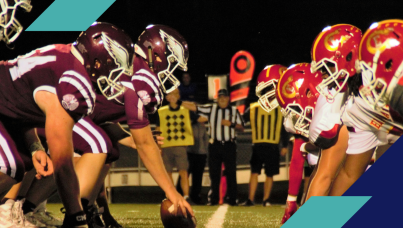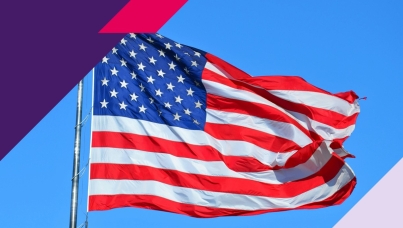One in ten think the Supreme Court will decide the presidential election
The Ipsos Consumer Tracker asks Americans questions about culture, the economy and the forces that shape our lives. Here's one thing we learned this week.
Why we asked: Earlier this year, we did a little foresight work around potential election outcomes. The bonkers thing is how two radically different scenarios (narrow wins by either candidate) are highly likely. Now that we’re almost at the election, we wanted to see what people think will happen across a number of aspects: outcomes of the presidential and congressional races, as well as how long it will take before we know who wins.
What we found: In 2000 the presidential election was ultimately decided, in effect, by the Supreme Court in its Bush v. Gore decision. One in ten Americans thinks that’s how this election will wind, up, too. Only 35% think we will know the winner immediately. Most (56%) think it will take at least a week up until December before the election is settled.
One in three think there will be a split in the popular and electoral college winner (split evenly at 17% each between whether Harris or Trump will win the popular vote.) Democrats are more confident Harris will win the popular and electoral vote (72% of Democrats) than Republicans are that Trump will win the popular and electoral votes (61%).
And in the congressional race, the four outcomes are seen as relatively evenly plausible. 22% think the Democrats will win both the House and the Senate. 29% think the Republicans will control both chambers. And half think there will be a split with the status quo (Republican control of the House and Democrats controlling the Senate) as slightly more likely than both chambers flipping. Republicans are more confident (52%) their party will win both chambers than the Democrats are that their party will prevail (42%).
More insights from this wave of the Ipsos Consumer Tracker:
The shifting political landscape of what we trust
Fewer think AI is coming for white collar jobs
Many report economic anxiety and spending shifts during election season
People with higher incomes have more expectation of generational wealth
The Ipsos Care-o-Meter: What does America know about vs. what does America care about?



